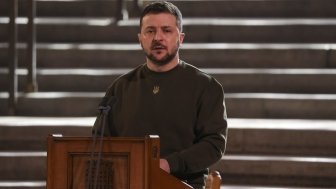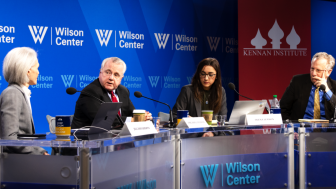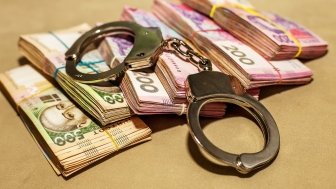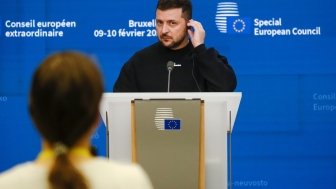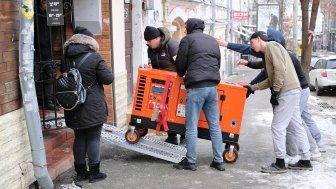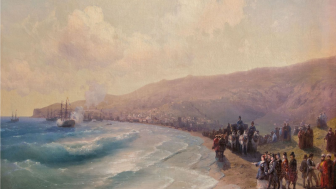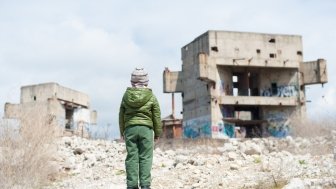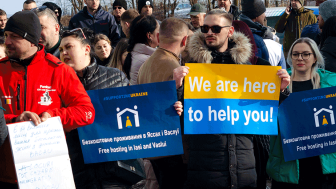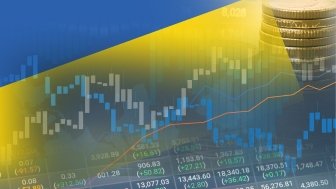Hindsight Up Front | Ukraine
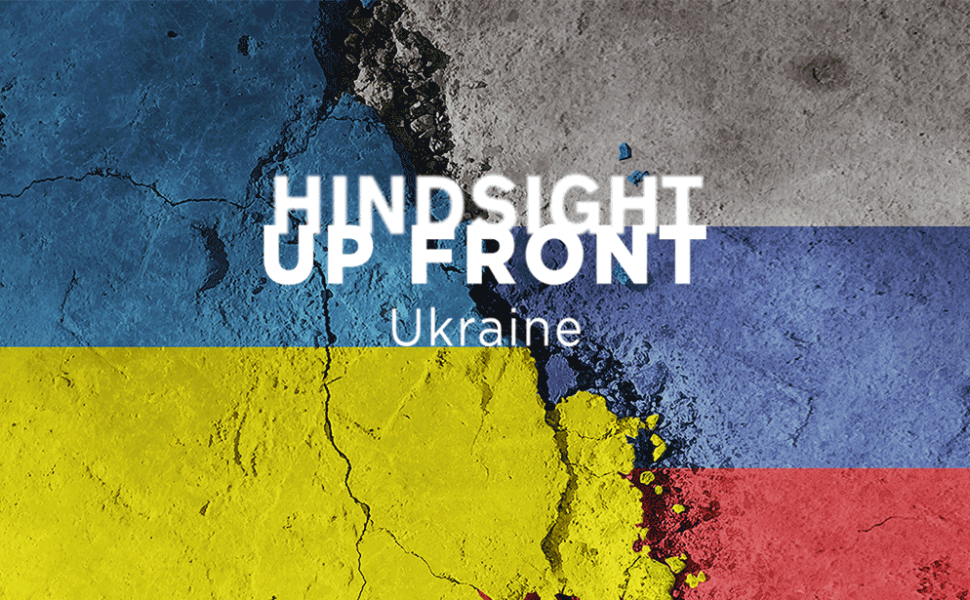
Recent Insights
Learn More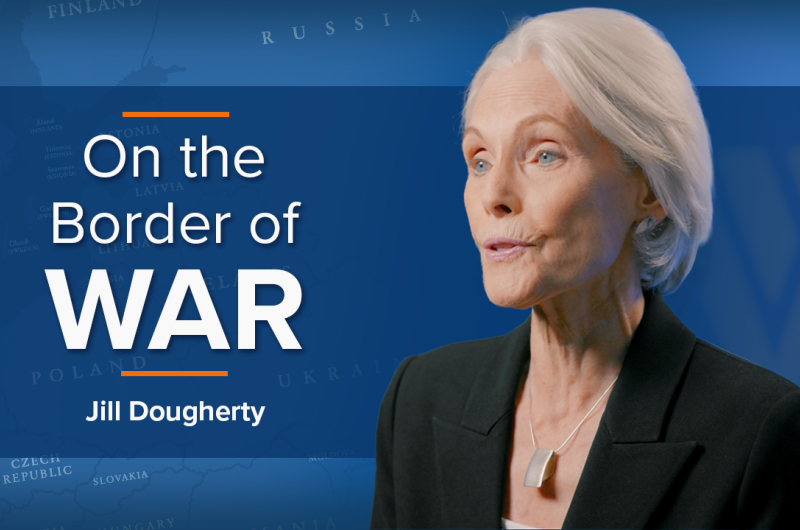

Infographic | Russia's Illegal Annexation of Crimea

Talking to the Dead to Heal the Living

Ukrainian Issue in Polish Elections
Explore All Related Content
Explore more related to this collection

Kennan Institute
After more than 50 years as a vital part of the Wilson Center legacy, the Kennan Institute has become an independent think tank. You can find the current website for the Kennan Institute at kennaninstitute.org. Please look for future announcements about partnership activities between the Wilson Center and the Kennan Institute at Wilson Center Press Room. The Wilson Center is proud of its historic connection to the Kennan Institute and looks forward to supporting its activities as an independent center of knowledge. The Kennan Institute is committed to improving American understanding of Russia, Ukraine, Central Asia, the South Caucasus, and the surrounding region through research and exchange. Read more


History and Public Policy Program
A leader in making key foreign policy records accessible and fostering informed scholarship, analysis, and discussion on international affairs, past and present. Read more

